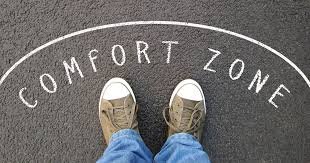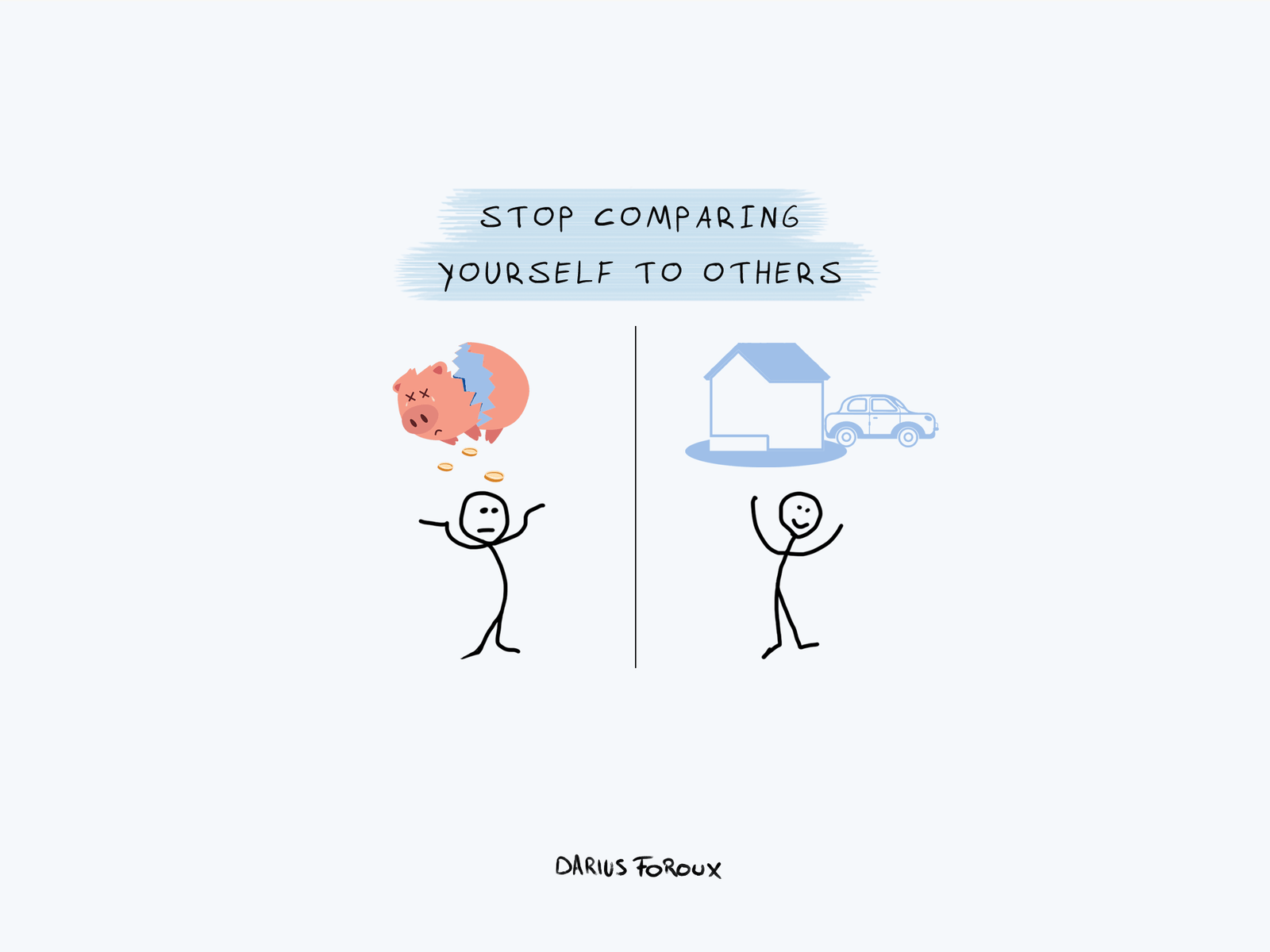Significant habits that reflect a weak mindset
Ever ponder why some people seem to have an easy time reaching their objectives while others find it difficult? Often, it's all about the mindset. You could be prevented from realizing your maximum potential by certain habits. These include settling for less, comparing oneself to others, doubting oneself, avoiding problems, and placing the blame elsewhere. You can cultivate a more resilient and driven attitude by identifying and changing these habits. These are five behaviors that indicate a poor mentality and how they hinder your advancement.

Staying in your comfort zone
This behavior entails avoiding novel and difficult circumstances just because they seem risky or tough. For example, you might routinely pass up work tasks that could teach you new abilities in favor of simpler assignments that simply require the knowledge you already possess. Likewise, you may avoid trying out new hobbies or abilities due to your fear of failing. But failing to step outside of your comfort zone can keep you from evolving. For both personal and professional development, it is imperative to embrace challenges and acknowledge that failure is an inevitable part of the learning process. You lose out on worthwhile experiences that could greatly advance your development and broaden your horizons when you turn off new opportunities.

Negative self-talk
Self-doubt is the result of self-criticism, often known as negative self-talk. You can think, "I'm not good enough," "I've failed," or "I'll never succeed," as opposed to, "I can improve with practice." This kind of thinking can depress you and reduce your likelihood of taking on new projects or overcoming obstacles. It can prevent you from realizing your full potential since it feels like a critical inner voice that saps your self-esteem and convinces you that you are incapable of accomplishing your objectives.

Comparison with others
It's critical to keep in mind that each person is different and grows at their own rate. Comparing yourself to others on a regular basis can lead to feelings of inadequacy since it concentrates on what others have or do. Rather than recognizing your own accomplishments and assets, you could obsess over how you fall short of expectations. Because you're less inclined to celebrate your own victories and strive toward your own objectives and more likely to focus on others' accomplishments, this tendency might cause feelings of insecurity and decreased motivation.

Settling for mediocrity
Choosing to settle for mediocrity is giving in to anything that is merely passable or mediocre rather than striving for greater or more fulfilling outcomes. You're settling for mediocrity, for instance, if you're dissatisfied at work but don't try to get a better one or better your circumstances. This behavior entails giving up on improving things or setting more ambitious objectives. When you don't strive for growth, you pass up possibilities to develop and discover more satisfying endeavors.

Blaming external factors
When something goes wrong, assigning blame to outside forces involves blaming it on circumstances outside your control rather than considering what you could have done better. For instance, you can attribute your failure to achieve a goal to misfortune or the errors of others. This behavior prevents you from growing and learning from your errors. Assuming accountability and concentrating on improving yourself enable you to manage issues and advance.

Getting carried away by emotions
We should strive for balance in our lives, whether it be in our thoughts or our feelings, if we want to succeed. On the other hand, those who are quickly overwhelmed by their feelings typically have a fragile mentality. Their inability to maintain balance in their lives has an impact on several facets of their lives.

Getting easily influenced by others
Weakly motivated individuals are susceptible to outside influence. So much so that, when swayed by others, they seldom hesitate to act in an extreme way that could potentially be harmful to them.

Not setting boundaries
Whether in the personal or professional domain, it is imperative to establish boundaries in one's life. This helps maintain healthy relationships and keeps your life free of unnecessary stress. It's also a respectful and self-care gesture.

Getting easily demotivated
Winning or losing doesn't always important in life because you'll still learn from your mistakes. But those who are easily demotivated by others, self-doubt, or fear of failing all seem to have one thing in common: a fragile mentality. This keeps people from developing personally throughout life.

Not taking up challenges
Even though everyone has experienced dread of the unknown and uncertainty in life, the majority of individuals are able to see the wider picture and take a risk. On the other hand, those with a weak mentality frequently find obstacles intimidating. They fear the consequences and failing at life rather than taking them head-on. They avoid taking on new difficulties to such an extent that it impedes their overall development.

Living in fear of the unknown
Whether in your personal or professional life, having a persistent fear of change or challenges is a sign of a fragile mentality. Positive outlooks on life characterize those with strong mindsets. Even under strain, they maintain balance in all facets of their lives, including their relationships and their employment. They think that having a growth mentality is important and they are usually grinning.

